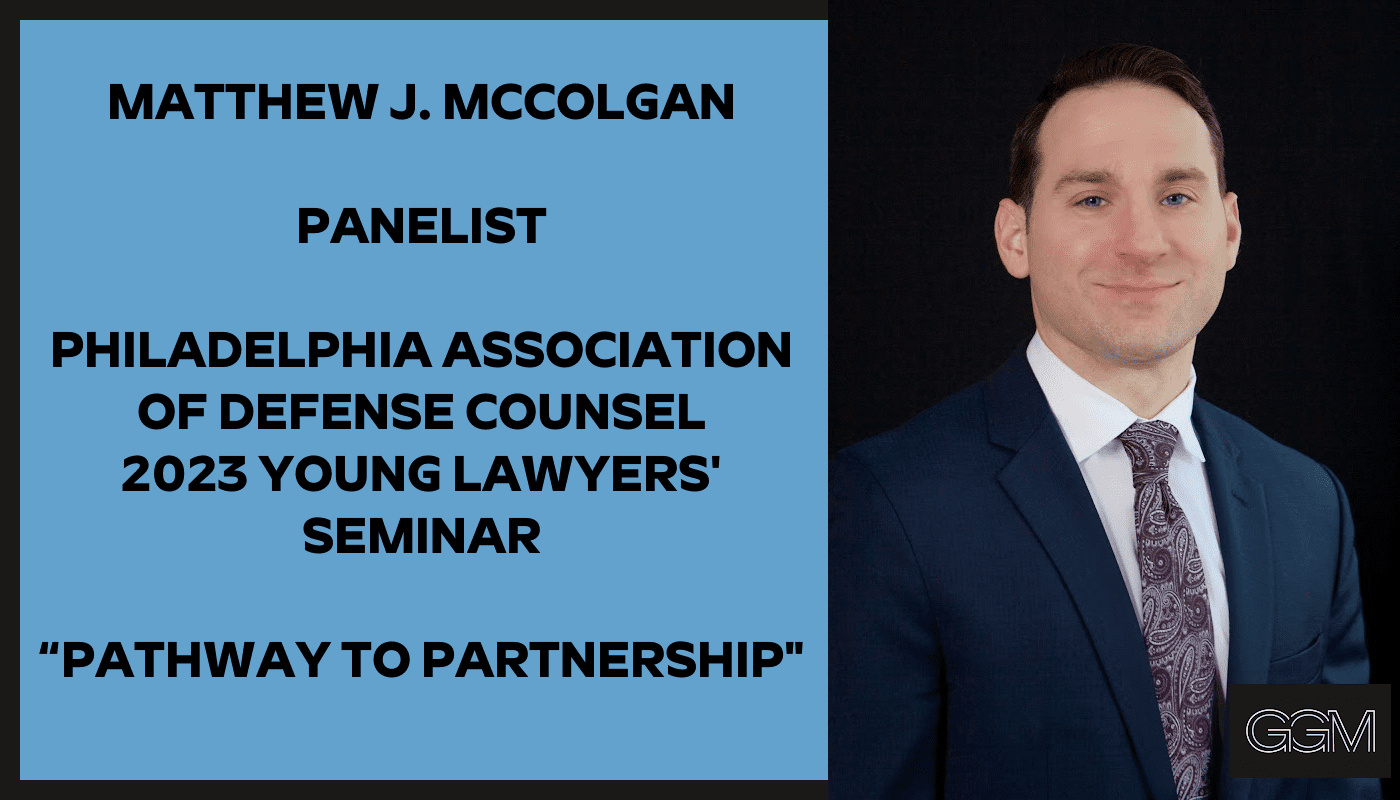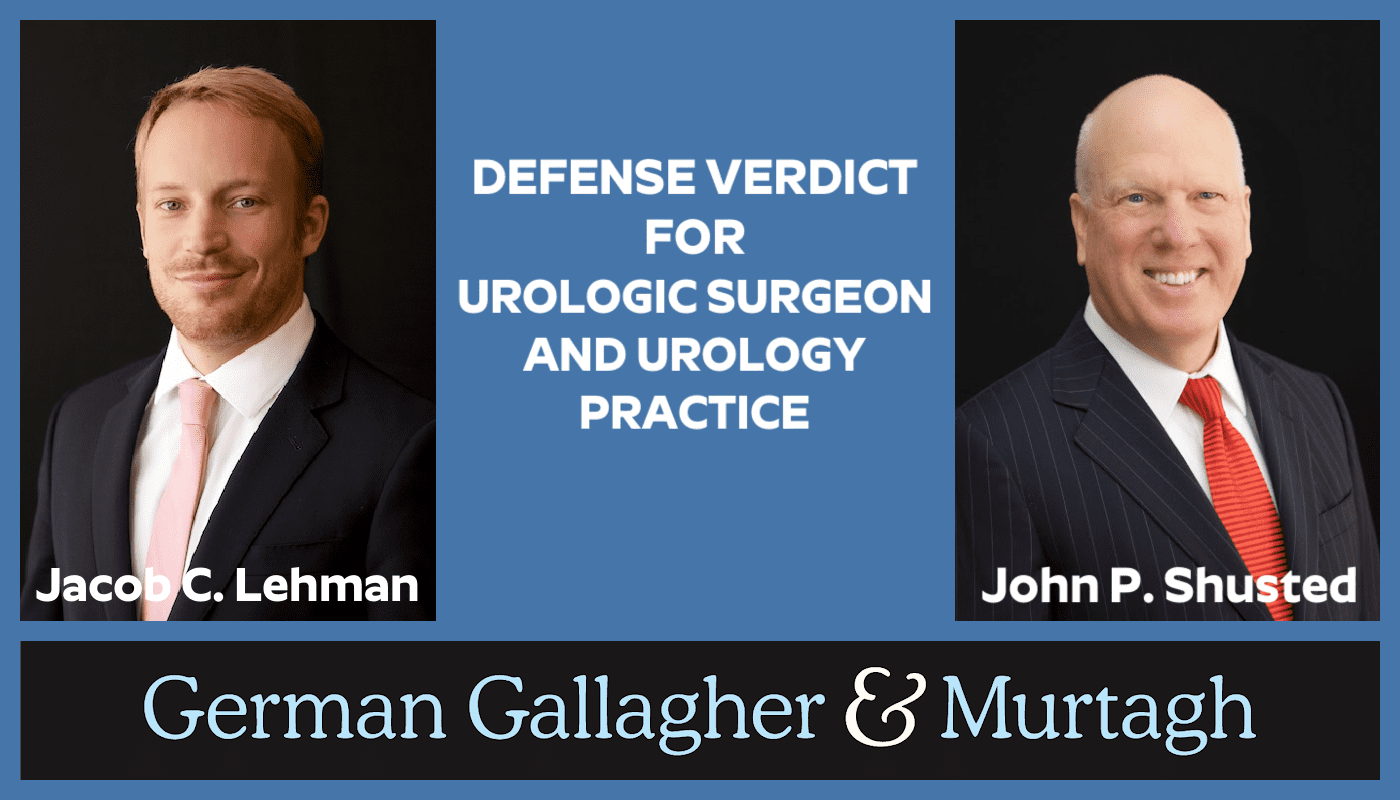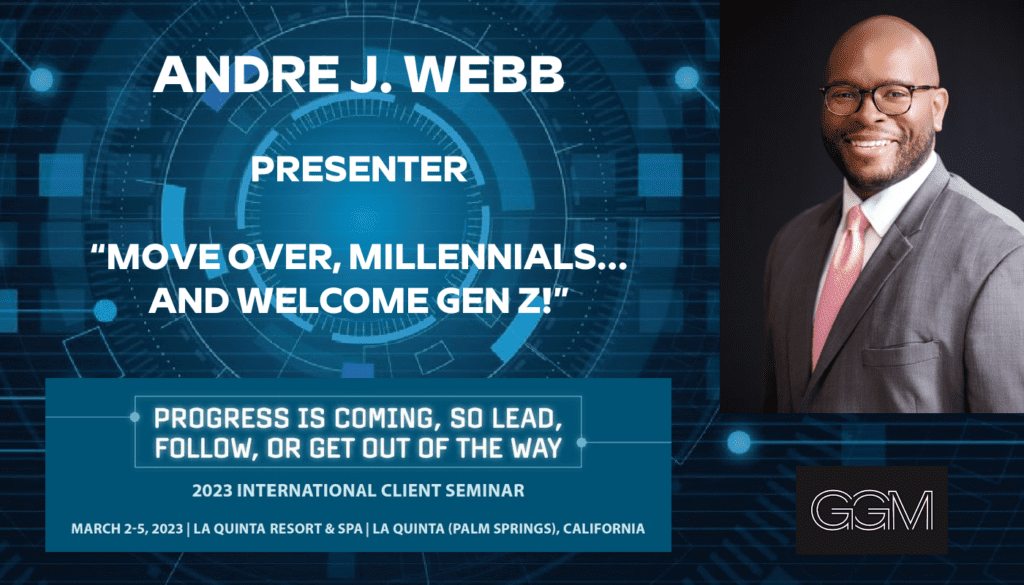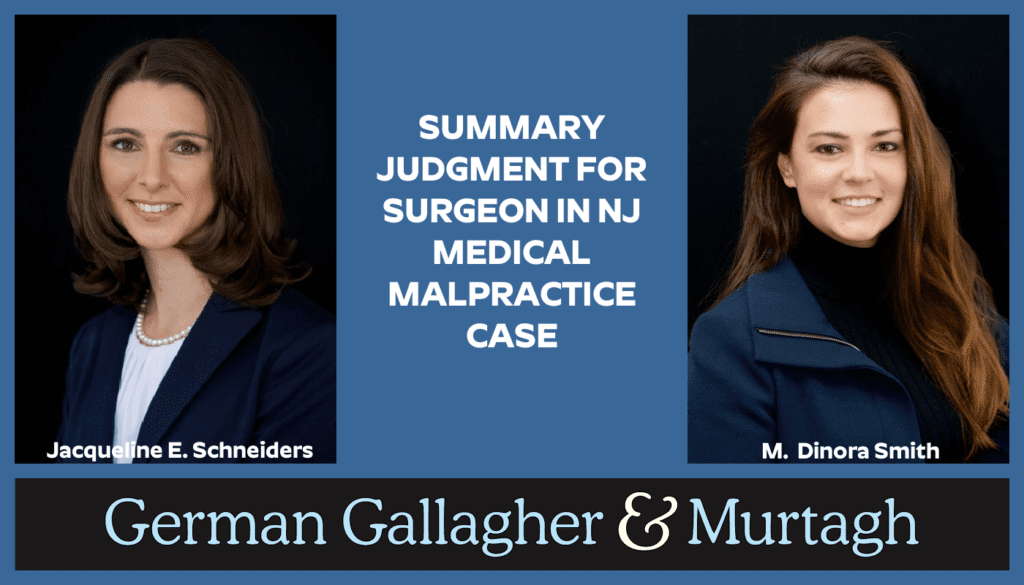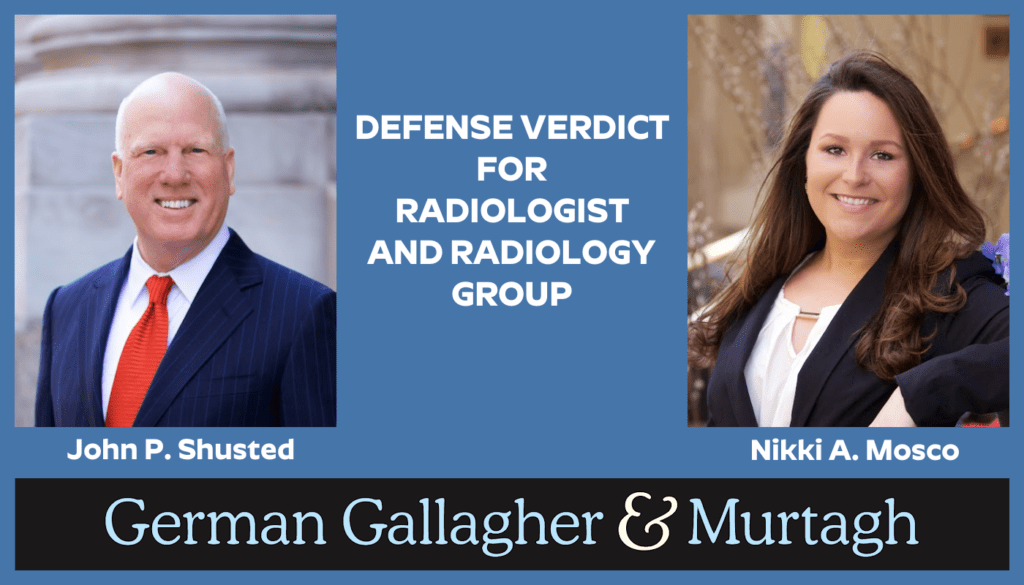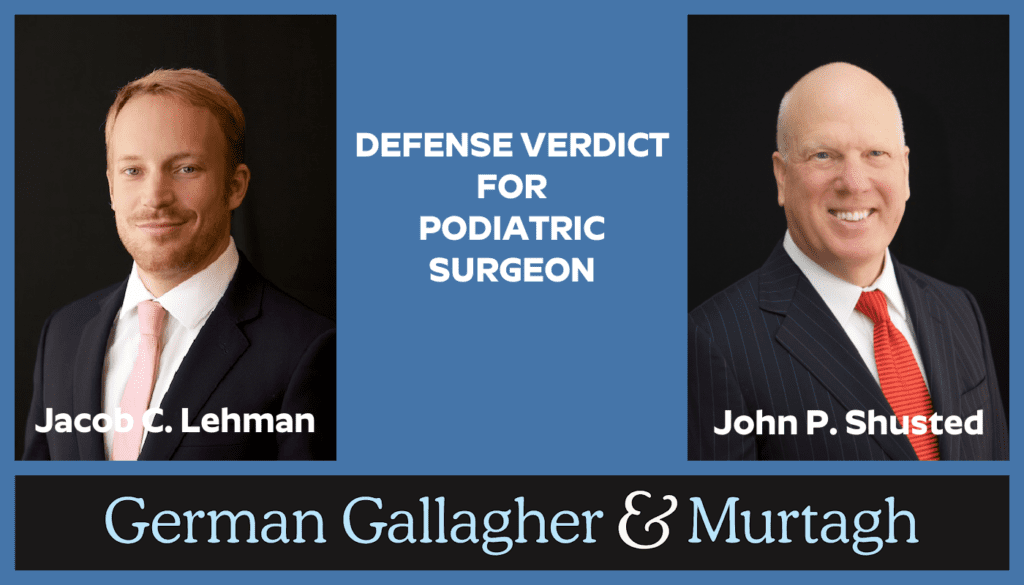
Newsroom
Pennsylvania Workers Compensation Update: Pennsylvania House Passes HB 930
On Tuesday, May 2, 2023, the Pennsylvania House passed HB 930 by a vote of 112-88 to address the current disfigurement benefits available to injured workers under the Pennsylvania Workers’ Compensation Act. At first glance, HB 930 simply expands the permanent disfigurement benefits from 275 weeks to 400 weeks and allows Claimants to collect both wage loss benefits and disfigurement benefits simultaneously. However, HB 930 takes leaps, not steps, forward expanding disfigurement benefits from the traditional head, neck, face region to the entire body without limitation. This substantial change would create a new and distinct claim for disfigurement benefits arising from every cut, scrap, scar, surgical site related to the work injuries anywhere on the body. The impact on case value and exposure will be significant due to the broad language. The bill now moves on to the Senate.
Matthew McColgan attended the 2023 ALFA Transportation Practice Group Seminar
Matthew McColgan attended the 2023 ALFA Transportation Practice Group Seminar focusing on theme of “Know Better, Do Better, Be Better”, and moderated a huddle up group of lawyers and industry leaders to strategize collaboration amongst the transportation industry.
Matthew McColgan Attends the 2023 Young Lawyers’ Seminar
Matthew McColgan attended the Philadelphia Association of Defense Counsel’s 2023 Young Lawyers’ Seminar and sat on a panel “Pathway to Partnership” discuss developing a plan for career advancement.
Defense Verdict for Urologic Surgeon and Urology Practice
On April 27th Partners Jack Shusted and Jake Lehman obtained a defense verdict for their client, a Pottstown area Urologist, after a week of trial in the Montgomery County Court of Common Pleas. The trial involved allegations that the surgeon improperly performed female organ prolapse surgery on the Plaintiff leading to lifelong pain and discomfort. Mr. Shusted and Mr. Lehman were able to show that the surgeon met the standard of care in all respects and that any complications the Plaintiff experienced were not the result of negligence.
GGM is pleased to announce its newest Litigation Associate Nicholas C. Kapsimalis
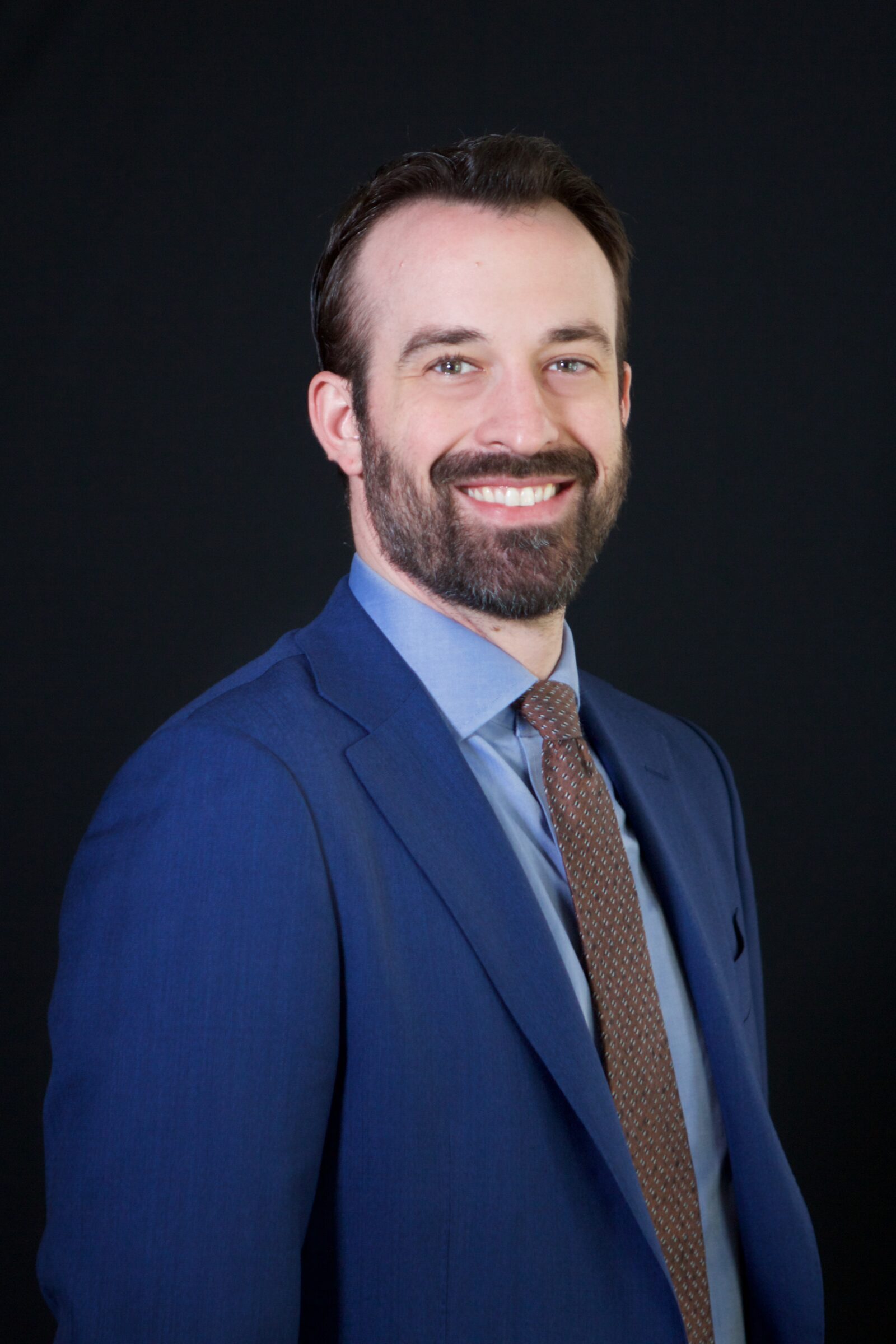 GGM is pleased to announce the addition of a new litigation associate, Nicholas C. Kapsimalis. At GGM Nicholas will focus his practice on the defense of insured and self-insured entities in a variety of litigation matters, including products liability, premises liability and motor vehicle accidents. Before joining GGM, Nicholas was an associate at a civil litigation firm where he represented both individuals and corporate entities in personal injury claims, premise liability claims and insurance coverage disputes. Before shifting his focus into defense work, Nicholas zealously represented Plaintiffs in personal injury matters in several counties in the Commonwealth of Pennsylvania for a Philadelphia based law firm.
GGM is pleased to announce the addition of a new litigation associate, Nicholas C. Kapsimalis. At GGM Nicholas will focus his practice on the defense of insured and self-insured entities in a variety of litigation matters, including products liability, premises liability and motor vehicle accidents. Before joining GGM, Nicholas was an associate at a civil litigation firm where he represented both individuals and corporate entities in personal injury claims, premise liability claims and insurance coverage disputes. Before shifting his focus into defense work, Nicholas zealously represented Plaintiffs in personal injury matters in several counties in the Commonwealth of Pennsylvania for a Philadelphia based law firm.
Nicholas earned his Juris Doctorate from Widener University Delaware Law School in 2018. While earning his Juris Doctorate, Nicholas worked in a boutique law firm in Philadelphia, which specialized in transaction matters for small businesses.
Partner Jacob C. Lehman presented at ALFA’s International Client Seminar in La Quinta, California
Last week, partner Jacob C. Lehman chaired the panel “Mobile Applications, Social Media and the Internet of Things: What’s Your Appetite For Risk” at ALFA International’s 2023 International Client Seminar in La Quinta, California. The theme of this year’s ICS was Progress is Coming, So Lead, Follow, Or Get Out of the Way. Read more about the presentation below.
“Mobile Applications, Social Media and the Internet of Things: What’s Your Appetite For Risk”
For better or worse, in modern society more and more of social and business interaction is conducted through our cell phones. While we may cringe when looking at data about how many times we pick up and look at our phones each day, or how much time we spend on social media, as business people and legal professionals it is important to recognize how this digital interface drives business and the legal challenges it presents.
Mobile applications are and seem destined to remain one of the central ways business is conducted. Companies developing an app for their business would be wise to consider the legal issues involved at every step of the app development process.
Partner Andre J. Webb presented at ALFA’s International Client Seminar in La Quinta, California
Last week, partner Andre J. Webb presented on the panel “MOVE OVER, MILLENNIALS… AND WELCOME GEN Z!” at ALFA International’s 2023 International Client Seminar in La Quinta, California. The theme of this year’s ICS was Progress is Coming, So Lead, Follow, Or Get Out OF the Way. Read more about the presentation below.
“MOVE OVER, MILLENNIALS… AND WELCOME GEN Z!”
Just when you thought you understood millennials, a new generation has entered the chat. Welcome Generation Z! As we are looking forward, we must learn more about the newest members of the workforce, jury pool and potential claimants. Hear from a panel of millennials who are excited to introduce you to the characteristics, perspectives and values of the next generation.
Summary Judgment for Surgeon in NJ Medical Malpractice Case
Jacqueline E. Schneiders and M. Dinora Smith obtained summary judgment for a surgeon in a medical malpractice action filed in the NJ Superior Court in Camden County, New Jersey.
Plaintiff alleged that all Defendants were negligent in their failure to timely diagnose and treat the decedent’s bowel injury or disease, causing aspiration of emesis and a cardiac arrest, which then began an uncontrollable cascade of pathologies resulting in her death. She sued the hospital and all physicians involved in the decedent’s care, including several surgeons and gastroenterologists.
During discovery, Plaintiff produced expert reports from two surgeons. Neither expert identified any specific act or omission of the surgeon at issue that was a breach of the standard of care and cause of decedent’s death. One expert broadly concluded that all the surgeons deviated from the standard of care, but was only critical of the actions taken after the surgeon at issue was no longer involved in the care. The other expert gave a similar opinion, but specifically noted that initial conservative management was appropriate.
In moving for summary judgment, Schneiders and Smith argued that Plaintiff failed to present evidence of any specific deviation from the standard of care by the surgeon at issue, that the opinions were critical of the care after his involvement, and the broad, conclusory opinions were impermissible net opinions. While the motion was pending, Plaintiff’s second expert gave a new opinion purportedly based on imaging studies from 2018 that Plaintiff provided to him the day before the deposition. At oral argument, Plaintiff argued that this new opinion was sufficient to establish liability against all the surgeons involved in decedent’s care. However, this new opinion was only an expansion and ultimately did not change the original conclusion that initial conservative care was appropriate. The Court agreed, granted the motion for summary judgment, and dismissed all claims and cross-claims against the surgeon.
Defense Verdict for Radiologist and Radiology Group
On Friday, February 17, 2023, Jack Shusted and Nikki Mosco obtained a defense verdict on behalf of their clients, a Radiologist and Radiology group, after a week-long trial in the Bucks County Court of Common Pleas in Doylestown, Pennsylvania.
At trial, Plaintiff claimed that the Radiologist failed to identify and report a density on the patient’s mammogram which Plaintiff further claimed increased the risk of harm and death of the patient.
The defense showed that the asymmetric density seen on the mammogram at issue was stable mammographically over a three year period and therefore, the Radiologist met the standard of care in his interpretation and reporting of the mammogram. The defense also demonstrated that the patient unfortunately suffered from a highly aggressive interval breast cancer and given the aggressive biology of the patient’s cancer, earlier diagnosis would not have changed the ultimate outcome.
Defense Verdict for Podiatric Surgeon
On Tuesday January 31, 2022, Jacob Lehman and Jack Shusted obtained a defense verdict on behalf of their client, a podiatric surgeon, after a week-long trial in the NJ Superior Court in Camden, New Jersey.
At trial Plaintiff claimed that the surgeon failed to practice within the standard of care in his treatment of tailor’s bunions and other conditions in the Plaintiff’s right and left feet, including through the choice and performance of three different surgeries. Plaintiff claimed lifelong impairment and pain as a result of the allegedly botched surgeries including the need for three additional procedures from another provider and ongoing medical care for life.
Mr. Lehman and Mr. Shusted showed the jury how the Defendant surgeon met the standard of care in evaluating and treating the Plaintiff and that all the choices, including surgical choices were reasonable and appropriate and made in consultation with the patient. They also demonstrated how the Plaintiff’s claimed injuries were not all related to the foot surgeries and how her claimed future damages were out of proportion to her true injuries.




